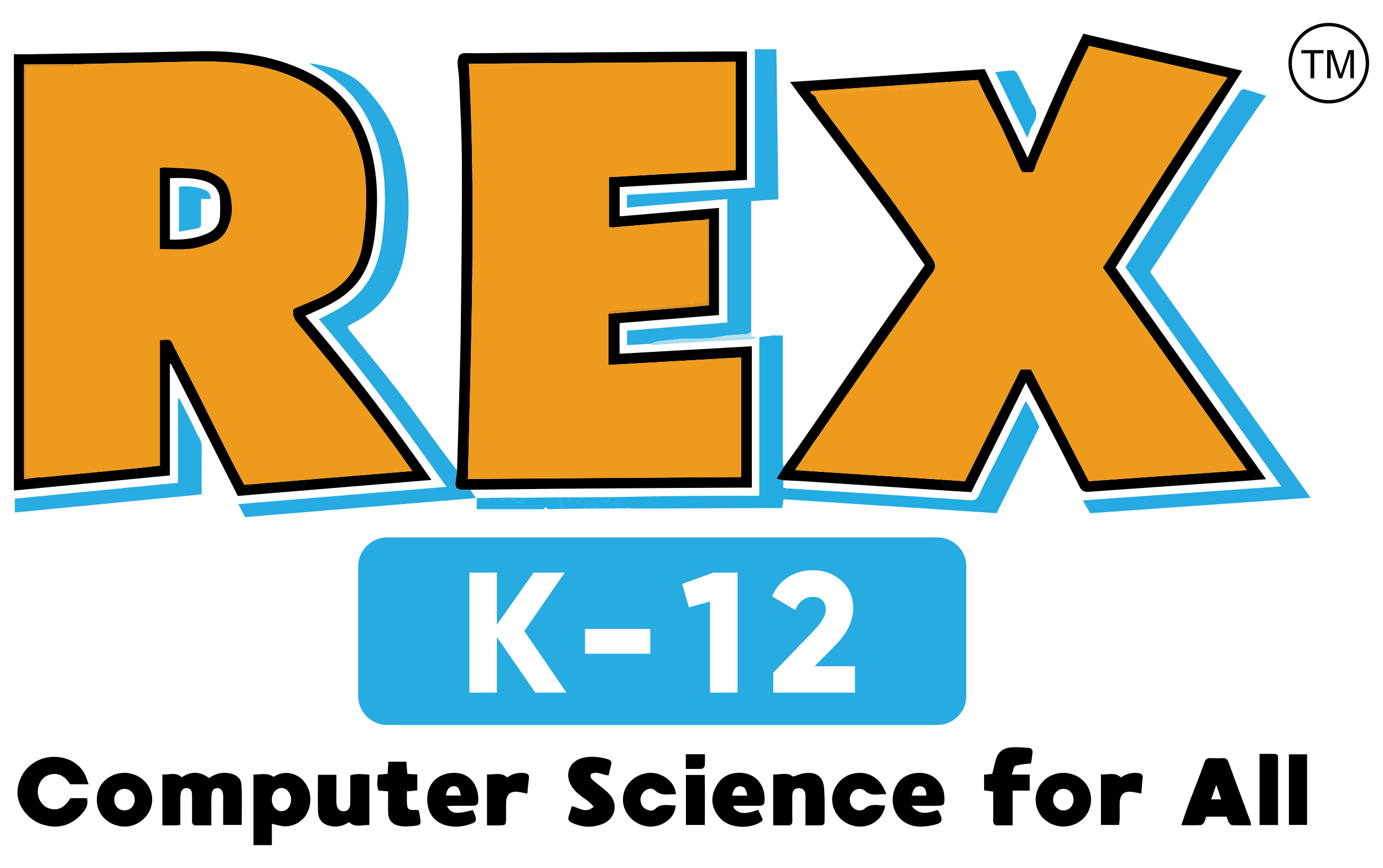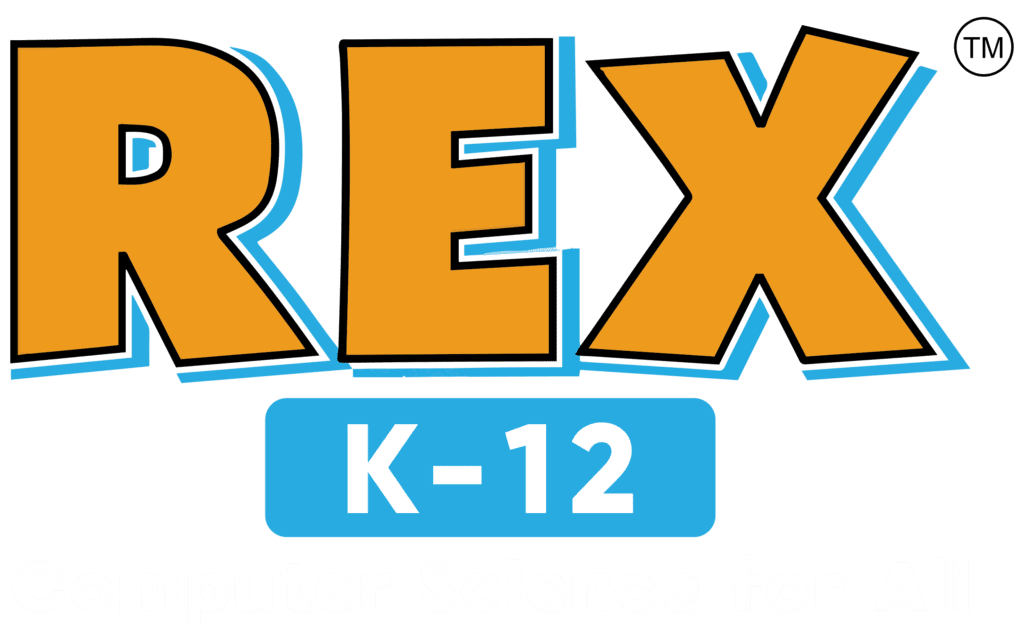How to Start Teaching Computer Science without a Computer Science Degree
Computer science is an essential subject for today’s students, equipping them with the skills they need to thrive in a technology-driven world. However, you might be wondering whether you need a computer science degree to start teaching the subject. The good news is that you can begin teaching computer science even without a specialized degree. Here’s how you can get started using a range of resources and support available.
Leverage Professional Development Opportunities
To teach K-12 computer science classes without a degree, take advantage of professional development opportunities tailored for educators entering the field. These programs offer training in K-12 computer science curriculum, classroom management, and teaching methodologies. By gaining experience and knowledge in these areas, you can confidently guide students through their computer science education.
Utilize Resources and Curriculum Guides
There are many resources available to help you teach computer science effectively, even if you lack a formal background in the subject. Look for comprehensive K-12 computer science curriculum guides that provide structured lesson plans, activities, and assessments for each grade level. These resources can serve as your roadmap to navigate different topics and concepts within computer science.
Engage in Online Courses and Certifications
You can further your knowledge by taking online courses and obtaining certifications in high school computer science career professional areas. Online platforms offer courses that cover programming languages, AI curriculum, data science, and other topics relevant to teaching computer science. These courses can help you gain expertise and credentials that can enhance your teaching abilities.
Collaborate with Experienced Teachers
Building relationships with experienced K-12 computer science teachers can provide you with valuable mentorship and support. Collaborate with colleagues who have experience teaching computer science to learn best practices, share resources, and gain insights into teaching methods. This collaboration can also help you keep up with the latest trends in the field.
Take Advantage of Advanced Placement Computer Science Exam Preparation Courses
If you are teaching high school students, consider offering advanced placement (AP) computer science exam preparation courses. These courses provide students with rigorous, college-level curriculum and prepare them for AP exams. As a teacher, you can benefit from AP training programs that equip you with the necessary tools and strategies for teaching the material effectively.
Stay Informed about AI Curriculum
AI is an increasingly important topic within computer science education. Familiarize yourself with AI curriculum resources and guidelines to understand the principles of artificial intelligence and machine learning. This knowledge will enable you to guide students in exploring AI and its applications, setting them up for future success in the field.
Continuously Learn and Adapt
Computer science is a rapidly evolving field, and staying up-to-date with new technologies and teaching methods is crucial. Continuously engage in learning opportunities, attend workshops, and participate in forums or professional organizations. Adapting to changes and embracing new approaches will make you a more effective computer science teacher.
Ultimately, teaching computer science without a computer science degree is achievable with the right resources and mindset. By utilizing professional development opportunities, online courses, curriculum guides, and collaborating with experienced teachers, you can build the knowledge and skills needed to teach K-12 computer science classes successfully. As you grow in your teaching journey, remember to stay informed and adaptable to provide the best education for your students. In doing so, you’ll play a vital role in shaping the next generation of tech-savvy individuals.












